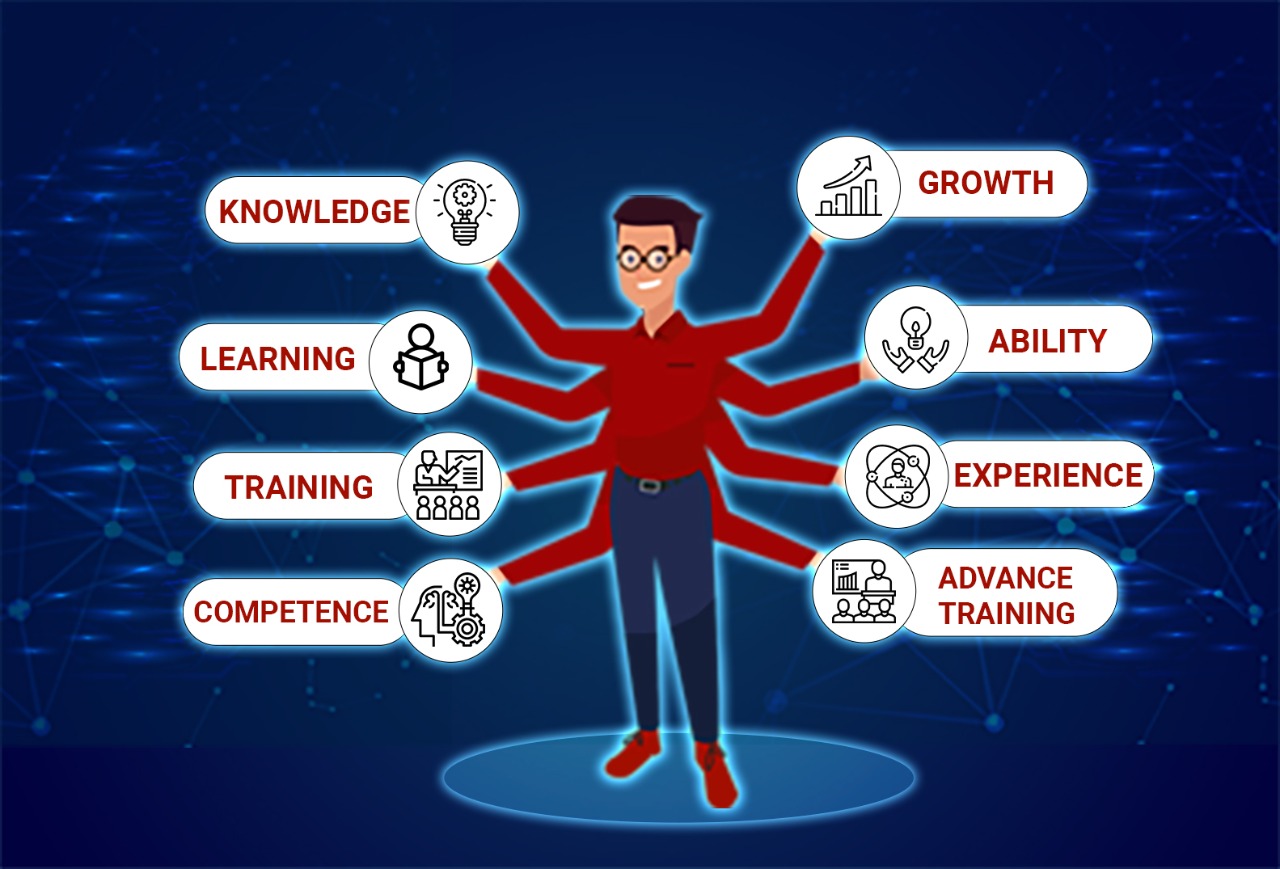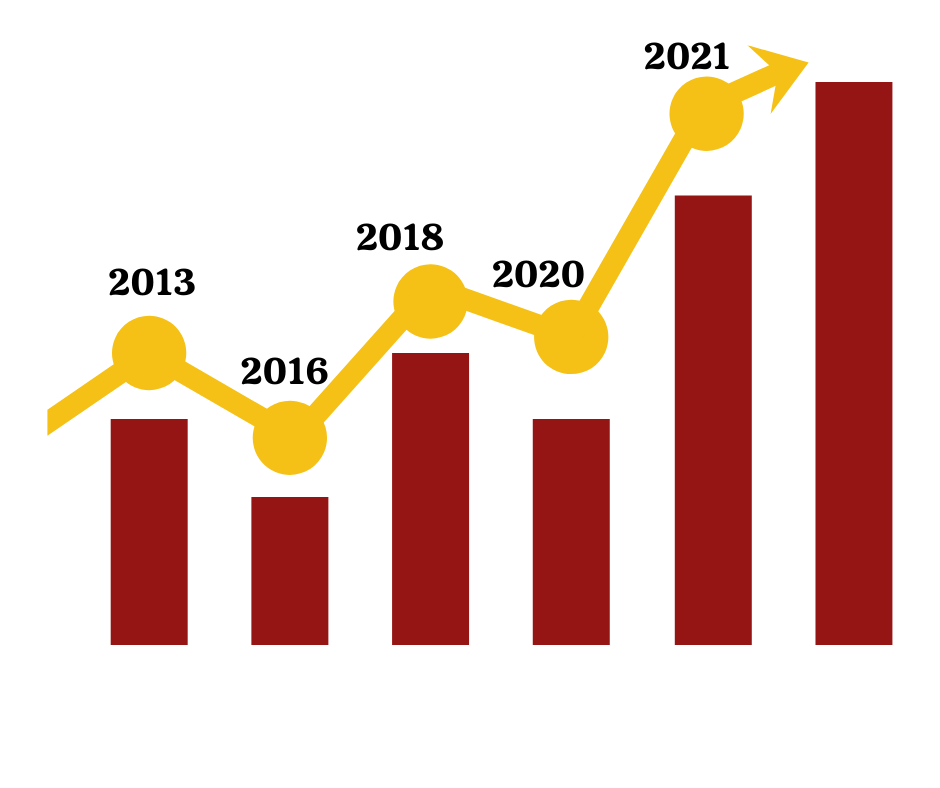Data Science with R Programing Overview
Data Science with R programming certification training covers data visualization, predictive analysis, data exploration, and descriptive analytics techniques using the R language. Learn about R packages, how R can import and export data, data structures in R and various statistical concepts such as cluster analysis and forecasting.
Data Science with R Programing Key Features
 64 hours of Applied Learning - text 1
64 hours of Applied Learning - text 110 real-life industry projects - text - 3
Dedicated mentoring session from industry experts - text - 2
 Lifetime access to self-paced learning - text -4
Lifetime access to self-paced learning - text -4


Skills Covered
- Business analytics
- R programming and its packages
- Data structures and data visualization
- Apply functions and DPLYR function
- Graphics in R for data visualization
- Hypothesis testing
- Apriori algorithm
- kmeans and DBSCAN clustering
Benefits
The Big Data Analytics market is expected to reach $40.6 billion by 2023, at a growth rate of 29.7-percent. Randstad reports that analytics industry pay raises are 50 percent higher than IT. Learn R to start your career in data science.
- Designation
- Annual Salary
- Hiring Companies
Course Content
-
Data Science with R Programing
-
Lesson 00 - Course Introduction
-
- Course Introduction
-
-
Lesson 01 - Introduction to Business Analytics
-
- 1.001 Overview
- 1.002 Business Decisions and Analytics
- 1.003 Types of Business Analytics
- 1.004 Applications of Business Analytics
- 1.005 Data Science Overview
- 1.006 Conclusion
- Knowledge Check
-
-
Lesson 02 - Introduction to R Programming
-
- 2.001 Overview
- 2.002 Importance of R
- 2.003 Data Types and Variables in R
- 2.004 Operators in R
- 2.005 Conditional Statements in R
- 2.006 Loops in R
- 2.007 R script
- 2.008 Functions in R
- 2.009 Conclusion
- Knowledge Check
-
-
Lesson 03 - Data Structures
-
- 3.001 Overview
- 3.002 Identifying Data Structures
- 3.003 Demo Identifying Data Structures
- 3.004 Assigning Values to Data Structures
- 3.005 Data Manipulation
- 3.006 Demo Assigning values and applying functions
- 3.007 Conclusion
- Knowledge Check
-
-
Lesson 04 - Data Visualization
-
- 4.001 Overview
- 4.002 Introduction to Data Visualization
- 4.003 Data Visualization using Graphics in R
- 4.004 ggplot2
- 4.005 File Formats of Graphic Outputs
- 4.006 Conclusion
- Knowledge Check
-
-
Lesson 05 - Statistics for Data Science-I
-
- 5.001 Overview
- 5.002 Introduction to Hypothesis
- 5.003 Types of Hypothesis
- 5.004 Data Sampling
- 5.005 Confidence and Significance Levels
- 5.006 Conclusion
- Knowledge Check
-
-
Lesson 06 - Statistics for Data Science-II
-
- 6.001 Overview
- 6.002 Hypothesis Test
- 6.003 Parametric Test
- 6.004 Non-Parametric Test
- 6.005 Hypothesis Tests about Population Means
- 6.006 Hypothesis Tests about Population Variance
- 6.007 Hypothesis Tests about Population Proportions
- 6.008 Conclusion
- Knowledge Check
-
-
Lesson 07 - Regression Analysis
-
- 7.001 Overview
- 7.002 Introduction to Regression Analysis
- 7.003 Types of Regression Analysis Models
- 7.004 Linear Regression
- 7.005 Demo Simple Linear Regression
- 7.006 Non-Linear Regression
- 7.007 Demo Regression Analysis with Multiple Variables
- 7.008 Cross Validation
- 7.009 Non-Linear to Linear Models
- 7.010 Principal Component Analysis
- 7.011 Factor Analysis
- 7.012 Conclusion
- Knowledge Check
-
-
Lesson 08 – Classification
-
- 8.001 Overview
- 8.002 Classification and Its Types
- 8.003 Logistic Regression
- 8.004 Support Vector Machines
- 8.005 Demo Support Vector Machines
- 8.006 K-Nearest Neighbours
- 8.007 Naive Bayes Classifier
- 8.008 Demo Naive Bayes Classifier
- 8.009 Decision Tree Classification
- 8.010 Demo Decision Tree Classification
- 8.011 Random Forest Classification
- 8.012 Evaluating Classifier Models
- 8.013 Demo K-Fold Cross Validation
- 8.014 Conclusion
- Knowledge Check
-
-
Lesson 09 – Clustering
-
- 9.001 Overview
- 9.002 Introduction to Clustering
- 9.003 Clustering Methods
- 9.004 Demo K-means Clustering
- 9.005 Demo Hierarchical Clustering
- 9.006 Conclusion
- Knowledge Check
-
-
Lesson 10 - Association
-
- 10.001 Overview
- 10.002 Association Rule
- 10.003 Apriori Algorithm
- 10.004 Demo Apriori Algorithm
- 10.005 Conclusion
- Knowledge Check
-
-
Data Science with R Programing FAQs
-
1. What is R programming?
R is a free programming language and software that was developed in 1993. It contains a variety of libraries built specifically for data science. R is easy to use as a tool.
-
2. Why should I learn R programming
Data Science is a highly-paying career option that professionals love. It is primarily based on statistics. R is the bridging languages of this domain and is commonly used for data analysis. R programming is essential for data visualization and business analysis. It's a vital skill for Data Scientists.
-
3. What should I do to learn R programming in data science?
R and Python, the two most important languages for Data Science professionals to begin their career. Both languages have their strengths and weaknesses. You have the option to choose according to which language you are using for data science projects and how it can benefit you over time.
-
4. Are courses and training effective?
Yes, Edufy has the training and course material that will help you pass the Data Science with R certification exam.
-
5. How online classes will be conducted?
Online classroom training for R certification course is conducted via online live streaming of each class.





